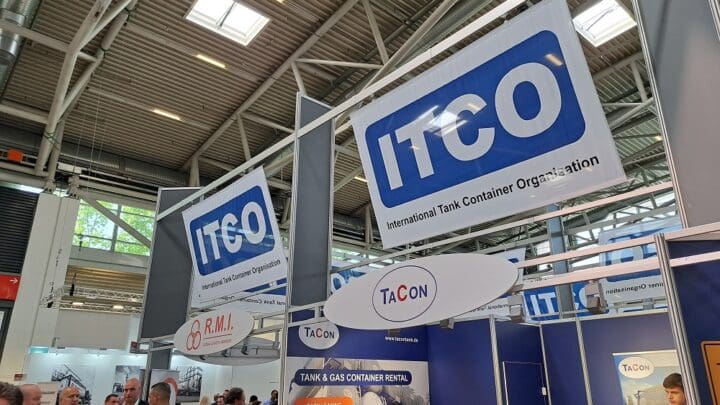
ITCO argued that tank containers are an instrument of trade and a means of product containment, are reusable, and due to their robust construction, have a life span of up to 25 years.
The tanks are designed to carry a range of liquid, gas, and powder cargoes in domestic and international service, and purpose designed for inter-modal traffic.
Portable tank containers, intermodal and IMO tanks all fall under the relevant subheading of the USTR investigation 8609.00.00 and ITCO has requested the removal of these items from the proposed 20% to 100% tariff.
ITCO has pointed out that there is no domestic production of tank containers in the USA; and that at no time in the past has local production represented more than a small fraction of global demand.
Today, approximately 90% of all tanks are produced in China. So, for the USA to be able to compete, in terms of scale and cost, it would certainly require an extended lead-time as well as some form of subsidy.
Therefore, any tariff on imported tanks would represent a significant burden on local, domestic, operators versus other forms of transport.
ITCO understands that tanks imported into the USA for purely domestic business could be subject to some form of tariff, based on steel content etc. However, the majority of all tanks are engaged in international traffic, and normally operate under a 90-day tariff-free window.
The product shipped in a container may be subjected to its own tariff schedule (or the arriving vessel transporting the container may be subjected to tariffs based on gross tonnage, number of containers, ownership of the vessel, or vessel build).
Therefore, any additional tariff on the container would represent a form of double taxation, or be redundant. ITCO also pointed out that tanks may enter the USA on numerous occasions and therefore repeated tariff opportunity also appears to be both unreasonable and redundant.
